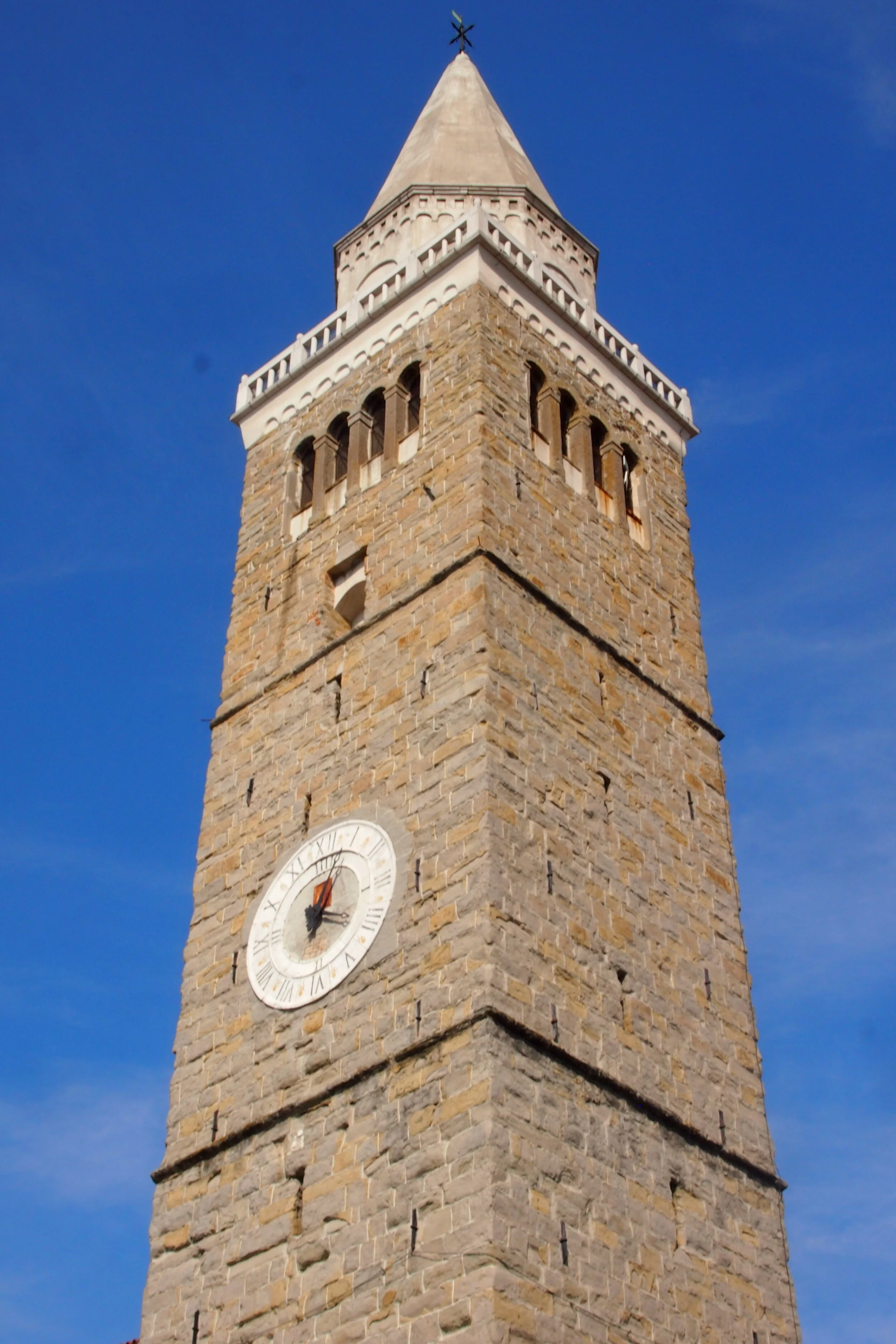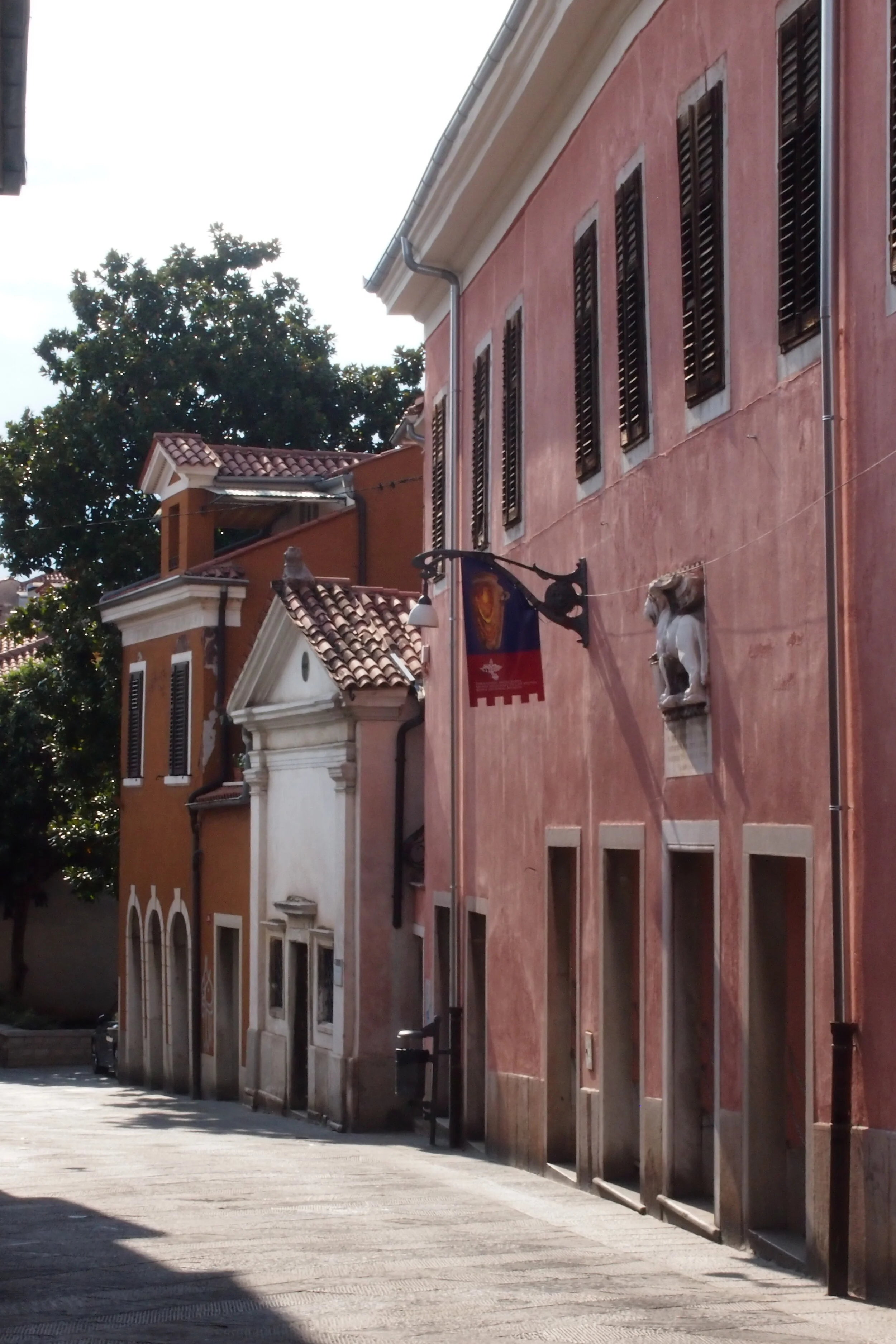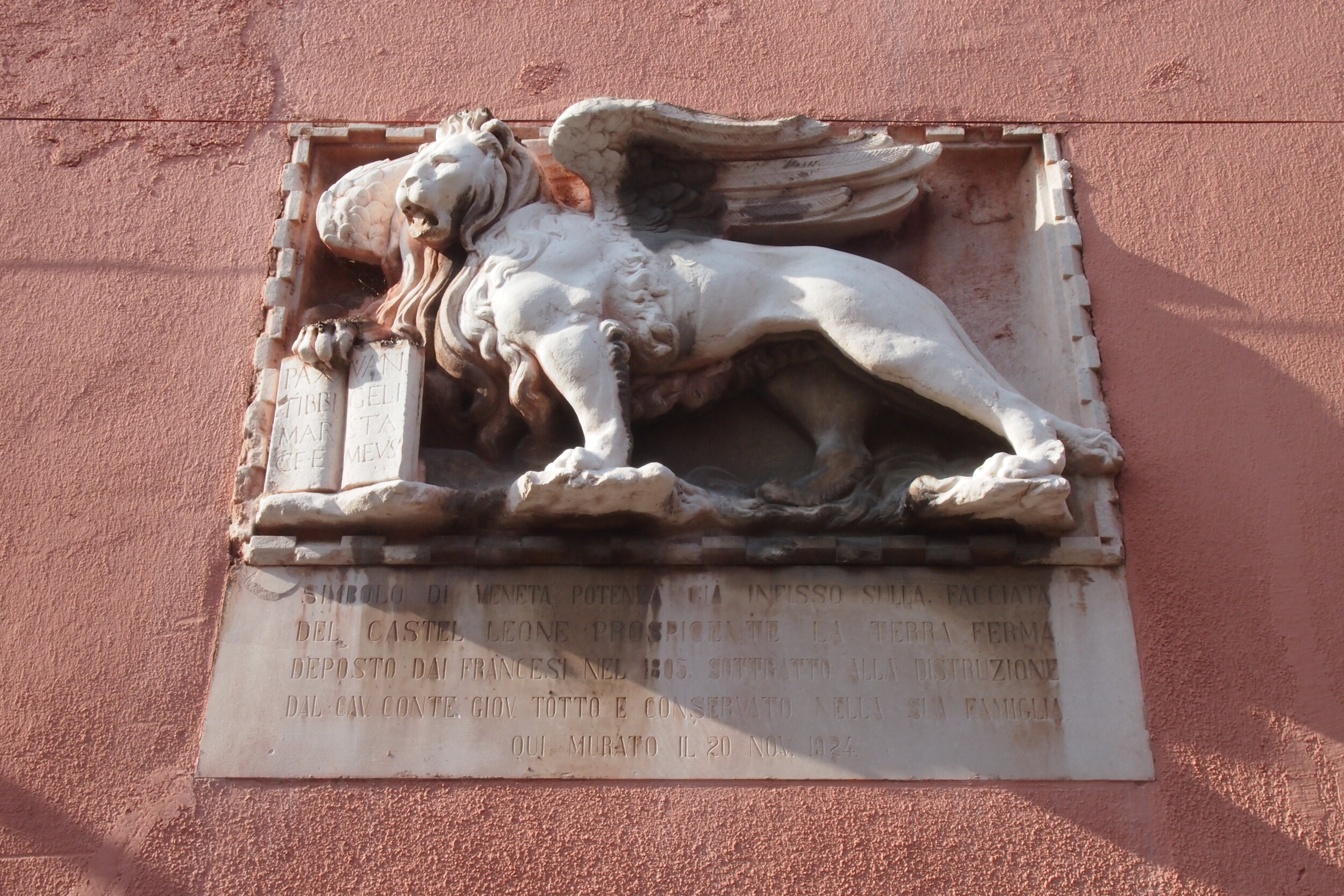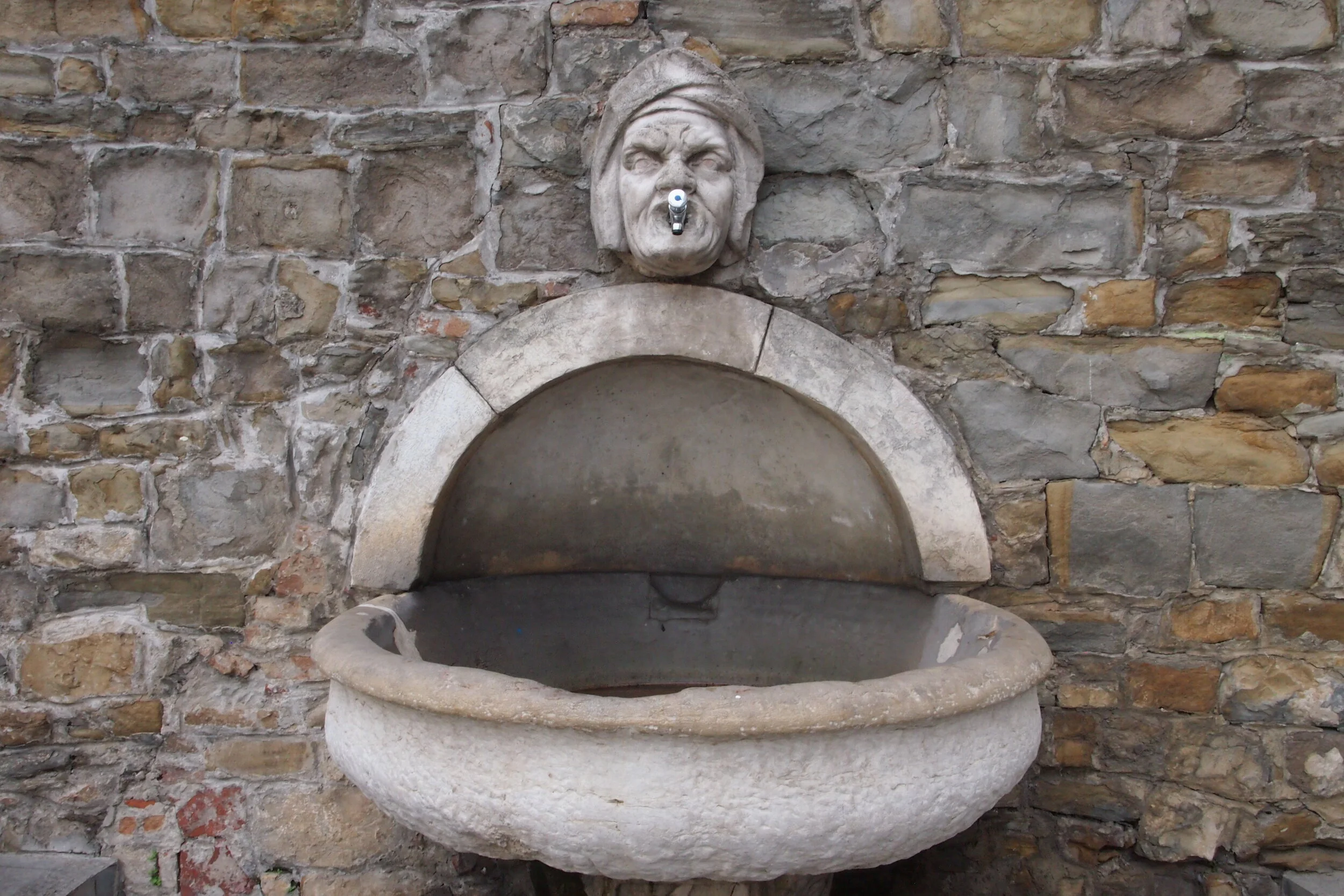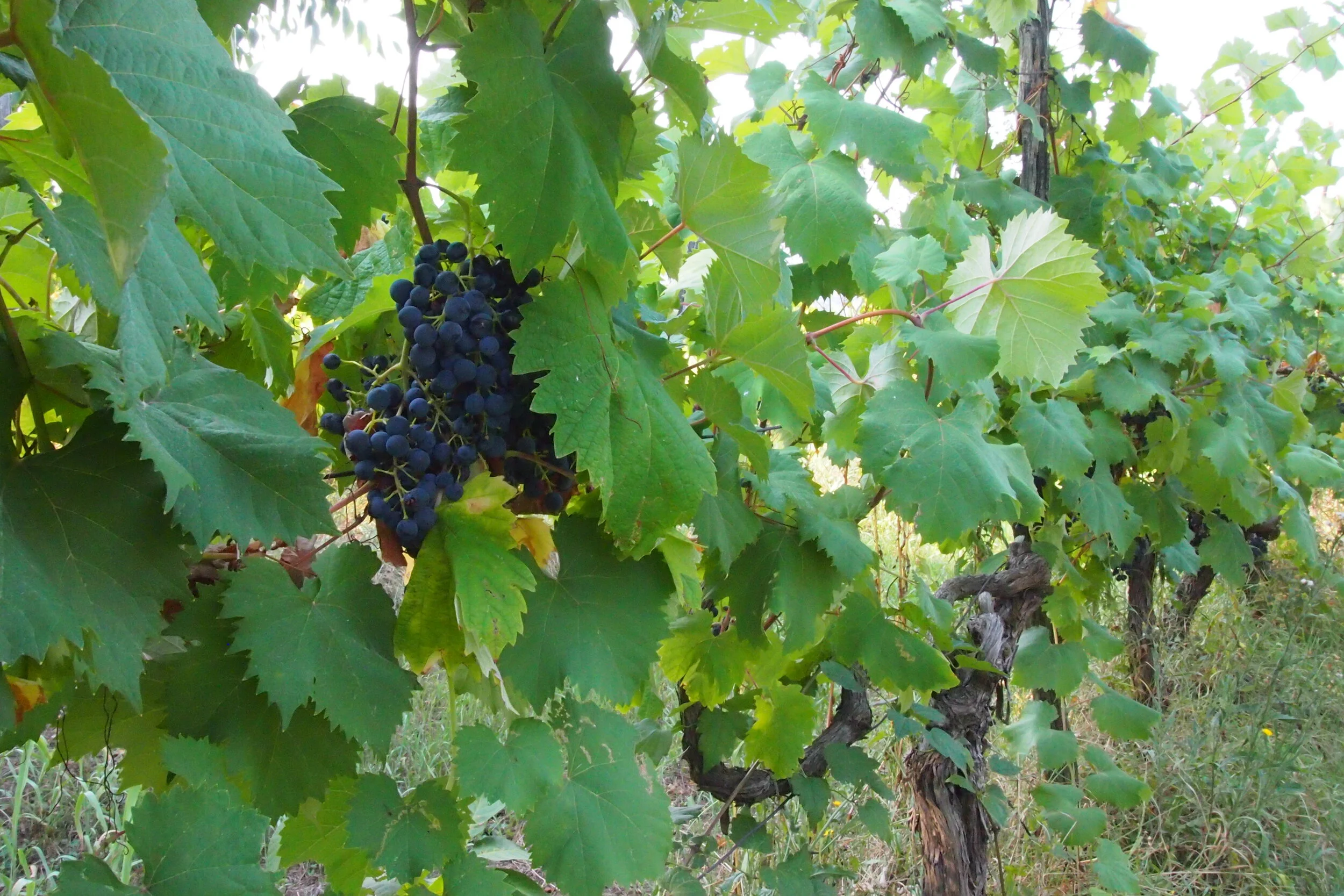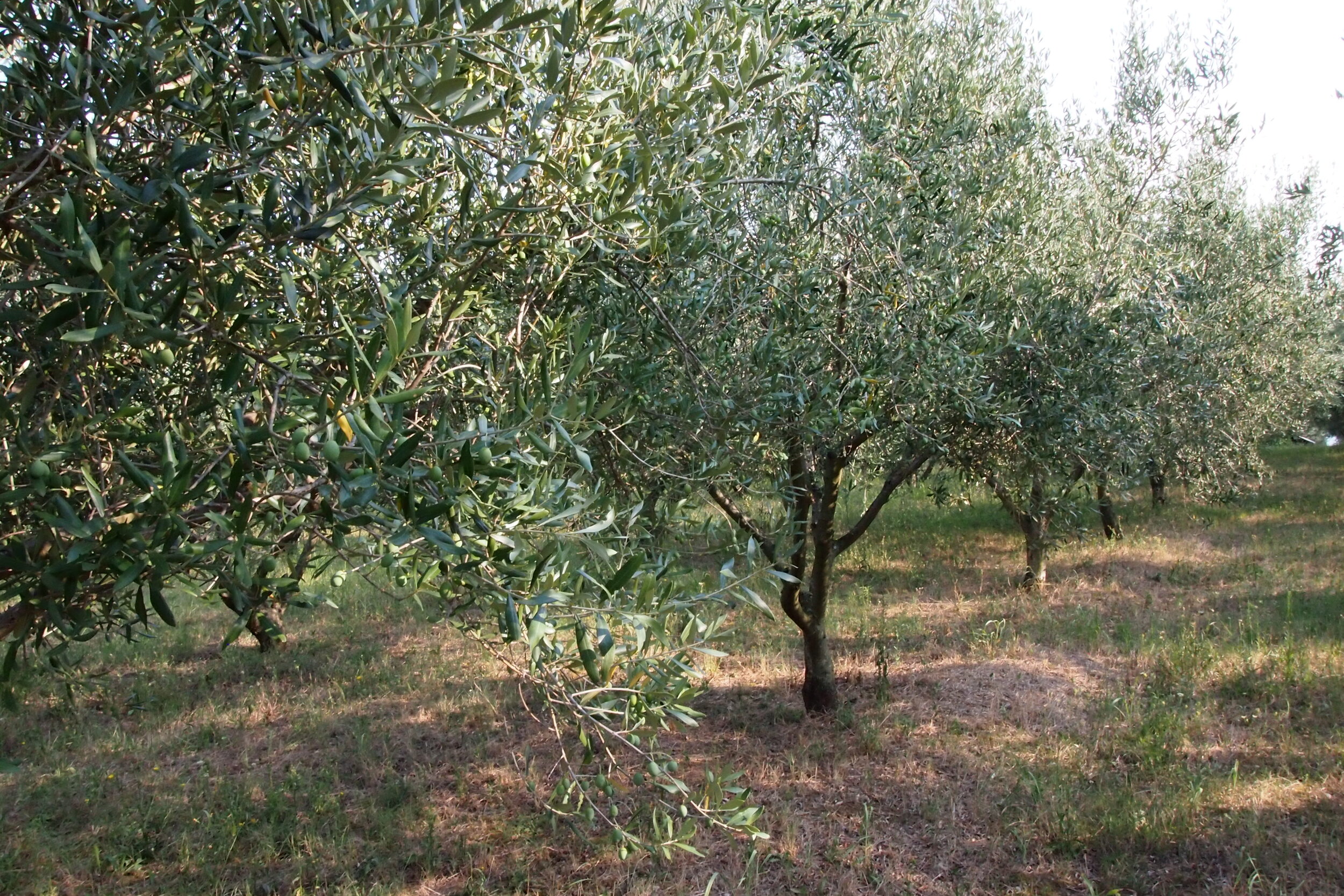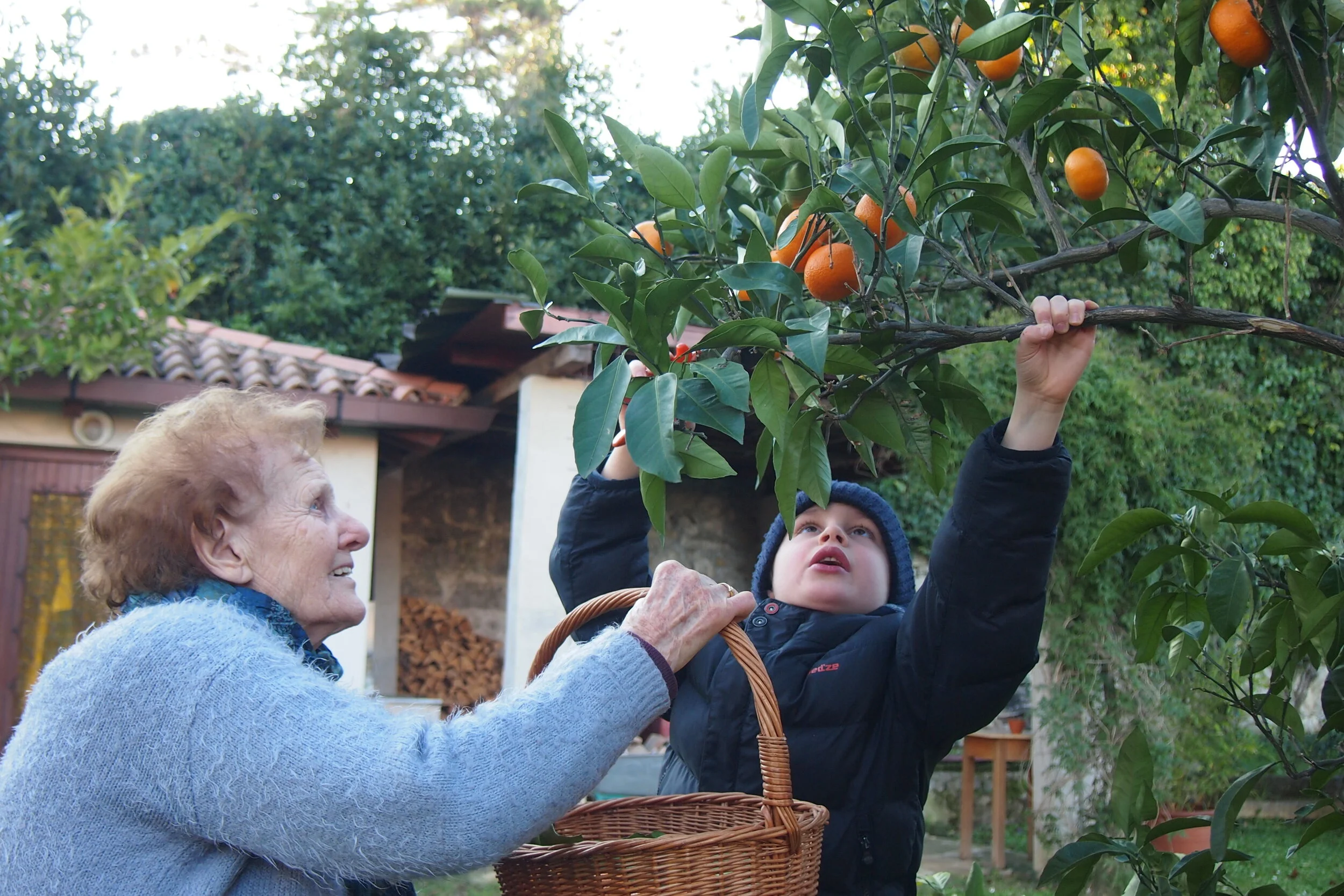About
My name is Tina. I was born and raised in Slovenia, in a small coastal town called Koper-Capodistria, which is officially bilingual, with both Slovene and Italian as its official languages. This bilingual and bicultural territory is located on the Istrian peninsula at the very north of the Adriatic Sea.
Once upon a time, the town of Koper was situated on a small island and in 1278 became part of The Republic of Venice or Serenissima-The Most Serene Republic of Venice, to give it its full and official name, and it was once also the capital of Venetian Istria.
The venetian-style belltower (campanile), a historical landmark in Koper, looking like the one in St Mark's Square in Venice, Italy. Campanile belongs to the Cathedral of Assumption located in Tito's Square, in the heart of the old town
A typical Venetian-style calle (narrow street) in the historic city centre of Koper (Kidriceva ulica/ Kidric street)
Beautiful example of a distinctive Venetian style frilly-edged window in Cankarjeva ulica (Cankar street)
The winged lion is a mythological and traditional symbol of the city of Venice that previously belonged to the Republic of Venice. It represents St Mark, the patron saint of Venice but it is also a well-known symbol of magnificence and power
Example of Venetian architecture, beautifully stone carved fountain in the historic city centre of Koper (inside wall of the Muda Gate situated on the Presern Square)
Koper, which was later held by the Austrian Empire (1813-1918), sits just on the other side of Trieste, a big port city in Italy, where the encounters of writers and intellectuals like James Joyce, Sigmund Freud, Stendhal, Umberto Saba and Italo Svevo often took place in one of the city’s typical imperial-style cafes, going back to the Habsburg Empire.
I moved to England twelve years ago, and currently call home the beautiful Georgian city of Bath, labelled by UNESCO, as a World Heritage City, where I live with my son and my husband.
My homeland is a land of vineyards, olive trees, a land that gifts you every season with vast arrays of fruits and vegetables throughout the year since the region is blessed with mild Mediterranean climate.
This is a land where the air you breath has a fragrance of the sea and where the olive oil runs in the blood of the locals. Yes, it is also a land of little gems, white truffles. A land of harsh conflictual wind called burja that on one hand can stop everyday life, and yet it helps to dry the most delicious pršut - a Slovenian dry ham.
It is a land where you can hear the Istrian dialect being spoken, (a dialect which can be explained in simple terms as a mixture of Slovene, Croatian, standard Italian and Venetian dialect) mostly in rural areas, a land where humble dishes were created mostly out of the necessity from what was available and seasonal. It is also a land, where due to such a close proximity to Italy, as well as due to a very lengthy and strong presence of Venetian Republic, pizza, tiramisu', and pasta dishes have always been very popular, and yet sauerkraut, beef goulash and apple strudel, to mention just a few, never lost their popularity. On the contrary, they are gaining momentum as perhaps a way of revealing the true identity of this region that was strongly influenced by the Austro-Hungarian empire.
The impact of the presence of both the Venetian Republic and The Austro-Hungarian empire has been significant in many areas like architecture, gastronomy, language etc. so there no surprise that exactly the same dish could be called and referred to with a few different names.
I spent a big part of my childhood in a family owned restaurant environment. During very busy summer months I did not go on a family holiday, but instead, I spent time in a restaurant where my family worked endless hours. When I was very little my grandad would put me on the top of this huge fridge where most of the ingredients were kept. In those days, you did not have to worry about health and safety. He did it for fun but really now as an adult I know he put me up there as I was in the way. I had a bird’s-eye view, and observed and absorbed the madness that goes on behind the scene in a very busy restaurant. When I was slightly older I was given an apron and helped with what needed to be done. At the time little did I know that the many hours I spent there would have such a huge impact on my life.
As a child I was simply around food, which also included regular trips with my mum to the baker and fruit, vegetable and fish market, and regular walks in the fields and woods provided many opportunities for foraging what was offered by the seasons. Family gatherings were celebratory lunches that never seemed to end. This is how I learned to simply enjoy the company of family and friends, and the various food through dishes throughout the seasons that keep the local traditions alive.
My brother and I
Now, as an adult, cooking and recreating the dishes from my homeland, allows me to travel back to my childhood, in ways which help me to appreciate even more my cultural heritage, with its culinary traditions and memories of the flavours that are helping me to recall, rediscover, and be constantly reminded of who I am, and where I come from.
In my cooking, I am trying to pass these traditions to my son who is currently eleven and proves to be the strictest judge. It warms my heart with pleasure to learn that he is developing a great sense for flavours and food. When we walk back from school and approach our front door he can smell a dish I cooked earlier in the day, and even guess what we will be eating for dinner that evening.
In Trieste, Italy, where I was studying, I met my current husband and his extended family. This family of great cooks has enabled me to further enrich my repertoire of recipes. I started to become more interested in new recipes since behind each one was its own story, history, family, and tradition. So, I cooked more, and more; and, the more I cooked, the more I loved it!
I came to Britain because of personal circumstances. I began to crave home cooking, and the familiar flavours of my childhood. I wanted to celebrate simple, natural, seasonal ingredients that evoke the culinary traditions, and the history of my homeland. Real, authentic, genuine, and sincere quality home cooking that evoked the humble, modest and rustic flavours of the dishes from this region.
My father and I often talked about food, and exchanged recipes on the telephone. But this all stopped one day when I was delivered the news that he suddenly, and unexpectedly passed away. I was utterly shocked. I came to a full realization that growing up in a restaurant environment, and coming from a family of great cooks shaped me as a person far more than I ever realized. I started to use food even more as a kind of vehicle for recollecting my memories.
I now started to collect family recipes, with a mixture of sad nostalgia, but also with great enthusiasm and determination. I soon became aware that the dishes that originate from my land are quite unique, and incredibly versatile, as the local cuisine was strongly influenced by the neighbouring countries like Austria, Italy, Croatia, and Hungary, giving the origin to what is called Mitteleuropean - Venetian cuisine. Each dish is well defined, rustic, down to earth, and unpretentious. The food, drink, and architecture of this land are all echoes of its hybrid history, the intersection of empires, countries, and foreign domination, resulting in a melting pot of peoples, languages, and traditions reflected in its food, drink, and architecture.
The cultures of ancient Rome, Venetian Republic, Mitteleuropean, Mediterranean, and Slavic (the cuisine of the Balkan Region was historically significantly influenced by Byzantium and Turkish Cuisine) left significant and fascinating “foodprint” in culinary traditions enriching the dishes in the range of flavours and aromas giving origin to the recipes off the beaten track, ones which maybe slightly less known, but are characteristic of the region, and are slightly to be culturally distinct from others.
Nona Nada picking clementines with my son Jakob in the garden.
My paternal grandmother, nona Nada, who is currently 93 and regularly consulted for recipes over the phone, was born and has lived all her life by the coast, and so her cooking was very much influenced by Venetian and Italian cooking. She made dishes like fritole (small fried doughnut type), pinca (sweet Easter bread), sardele in savor (fried and marinated sardines), brodet (fish stew), baccala' mantecato (creamed stockfish spread), cuttlefish stew, spinach roll ...), while my
maternal grandmother, stara mama Iva,1 who sadly passed away many years ago, comes from inland, and her cooking was more strongly influenced by the cuisine of the Austro-Hungarian Empire, making dishes such as goulash soup, liptauer spread, vanillekipferl biscuits, sauerkraut and pork mince casserole and many more. All these dishes reveal its true identity of the region.
In this blog I would love to take you on a culinary journey by sharing some very much loved, traditional recipes, so my father's legacy can live on through his, and my whole family's collection of recipes. I will share the recipes, and type of food that I hope will make you happy, and allow you to discover, and get right to the heart of the local people in this diverse region of Europe. This is food that is beautiful, simple and achievable.
All cooking for me seems to be a labour of love. However, the blog will have a real mixture of simple and fast everyday dishes, but also dishes for slow-cooking, with recipes that require a bit more effort, and are a bit more complex. Perhaps, these dishes might be better as a weekend option, or a choice for special occasions when you can dedicate more time preparing and cooking food.

